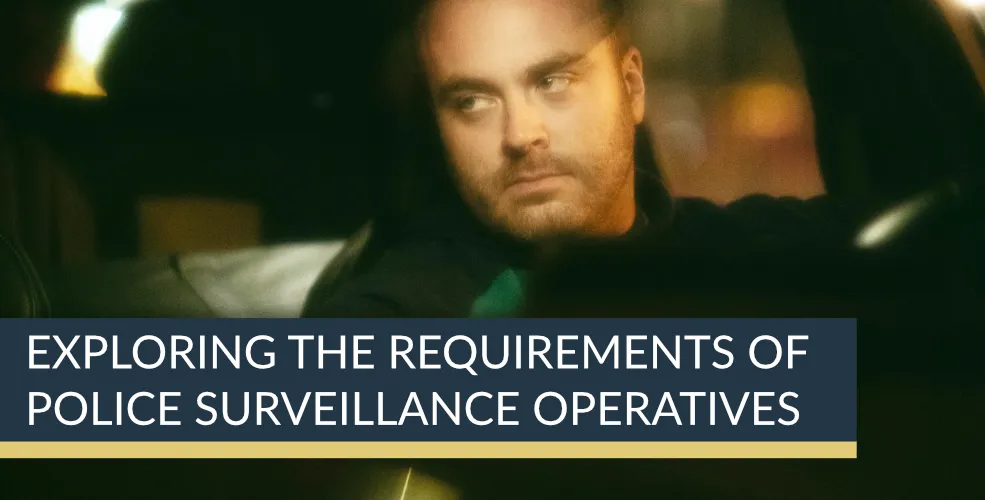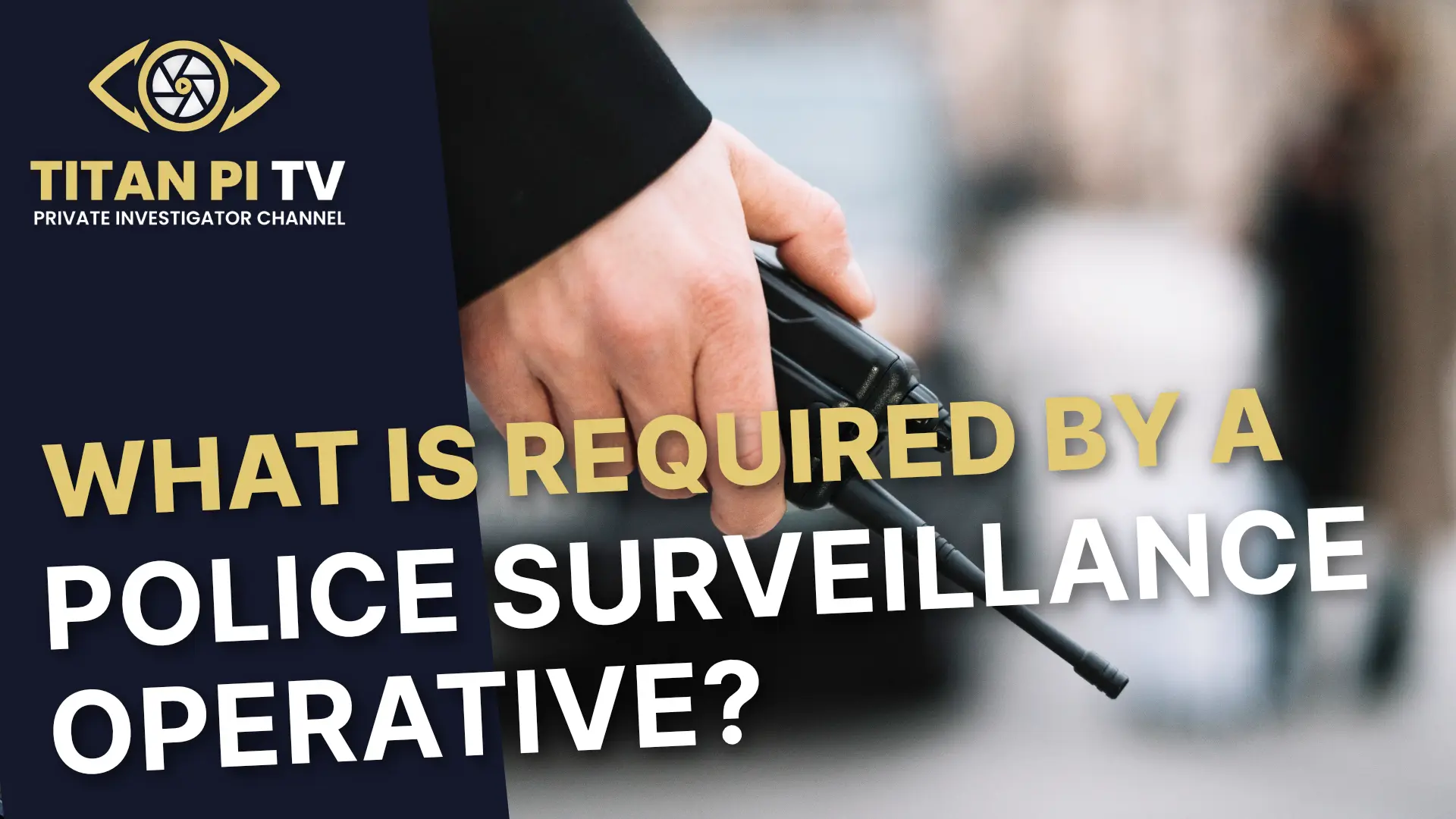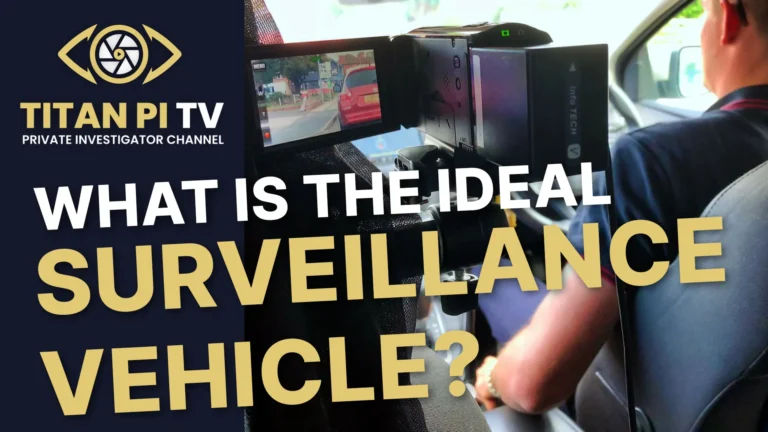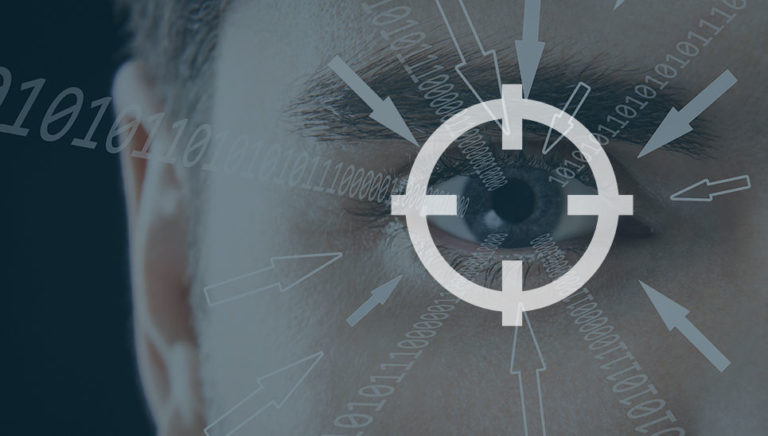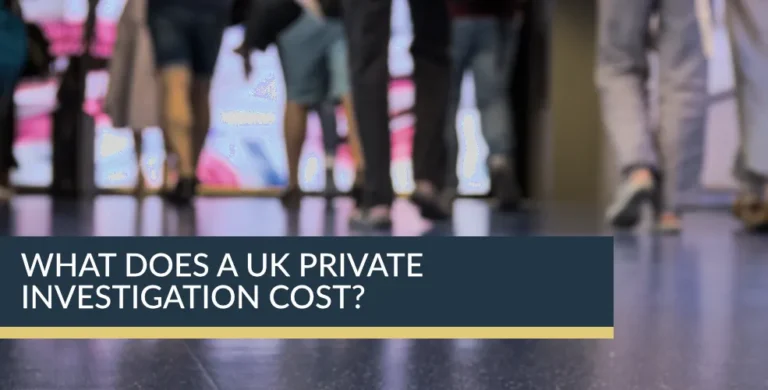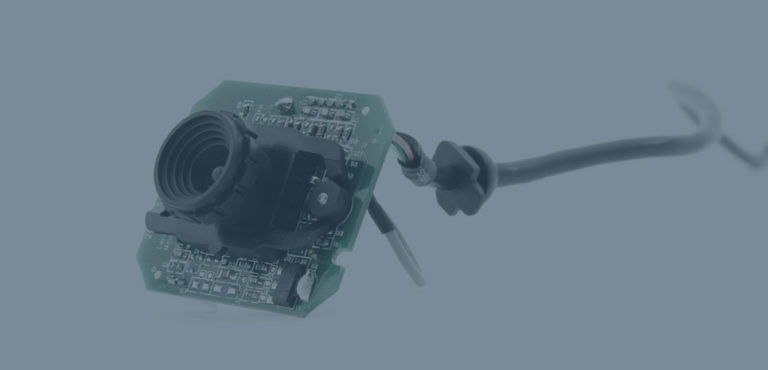Exploring the requirements of Police Surveillance Operatives
Police Surveillance Training, Tactics, and Detection
Police surveillance is a cornerstone of modern law enforcement, playing a critical role in preventing and solving crimes. While it often operates in the shadows, understanding its intricacies can demystify the process and provide valuable insights into how law enforcement agencies maintain public safety. From the rigorous training of surveillance operatives to the sophisticated tools and techniques they employ, this article delves into the world of police surveillance, offering a comprehensive look at its methods, legal frameworks, and detection challenges.
Understanding Police Surveillance
Defining Surveillance: A Clear Definition
Surveillance, in the context of law enforcement, refers to the systematic observation of individuals suspected of involvement in criminal activities. This process is not merely about watching; it involves gathering intelligence and evidence to support investigations and ensure successful prosecutions. The legal framework governing police surveillance in the UK is primarily outlined in the Regulation of Investigatory Powers Act (RIPA) 2000. This legislation ensures that surveillance activities are conducted within strict legal boundaries, balancing the need for effective law enforcement with the protection of individual privacy rights.
The Structure of Surveillance Teams
Police surveillance operations are highly structured and meticulously planned. A typical surveillance team comprises several roles, each with specific responsibilities. At the helm is the investigation team, which oversees the broader investigation and assigns specific objectives to the surveillance unit. Importantly, there is a strict separation of sensitive information, often referred to as “red intel.” This ensures that surveillance operatives remain unbiased and focused solely on their assigned tasks, maintaining the integrity of the investigation.
Who is Subject to Surveillance?
Contrary to popular belief, the average person is unlikely to be subjected to police surveillance. Surveillance is typically reserved for individuals suspected of serious criminal activities, such as drug trafficking, organised crime, or terrorism. Before initiating surveillance, law enforcement agencies must obtain authorisation, a process that involves demonstrating reasonable grounds for suspicion. This rigorous approval process ensures that surveillance is used judiciously and only when absolutely necessary.
The Rigorous Training of Surveillance Operatives
The Application Process: A Multi-Stage Selection
Becoming a police surveillance operative is no small feat. Candidates must first complete a two-year probationary period within the police force, gaining foundational experience in law enforcement. After this, they can apply for specialised roles within surveillance units. The application process is highly competitive, requiring candidates to demonstrate exceptional skills and aptitude. A successful paper application is followed by a rigorous interview, where candidates are assessed on their problem-solving abilities, situational awareness, and commitment to the role.
Assessment Centres: Testing Skills and Abilities
Those who progress to the next stage face a series of assessment centres designed to evaluate their suitability for surveillance work. These assessments often include practical exercises, such as map reading and situational awareness tests. For example, candidates might be shown a video feed of a moving vehicle and asked to plot its location on a map in real-time. This exercise tests not only their technical skills but also their ability to remain calm and focused under pressure.
Specialised Training: Firearms, Driving, and More
Once selected, candidates undergo extensive training to prepare them for the demands of surveillance work. Firearms training is a critical component, with operatives learning to handle weapons like the Walther P99 pistol and the MP5 rifle. This training is notoriously challenging, with a high failure rate. In addition to firearms, operatives complete advanced driving courses, equipping them to handle high-powered vehicles essential for effective surveillance. Specialisations such as motorcycle surveillance further enhance their skill set, ensuring they can adapt to a variety of operational scenarios.
Tools and Techniques of Police Surveillance
Vehicles and Equipment
Police surveillance relies heavily on specialised vehicles and cutting-edge technology. High-powered, debadged cars are commonly used, allowing operatives to blend seamlessly into traffic while following suspects. These vehicles are often equipped with advanced communication systems and tracking devices, enabling real-time coordination between team members. In addition to vehicles, operatives use a range of surveillance equipment, including covert cameras, listening devices, and GPS trackers, to gather intelligence discreetly.
Surveillance Tactics and Strategies
Effective surveillance requires a combination of skill, patience, and adaptability. Operatives are trained to maintain a low profile, avoiding behaviours that might draw attention. They employ a variety of tactics, such as rotating team members to avoid detection and using decoy vehicles to confuse suspects. Situational awareness is paramount, as operatives must constantly assess their surroundings and adjust their strategies in response to changing circumstances.
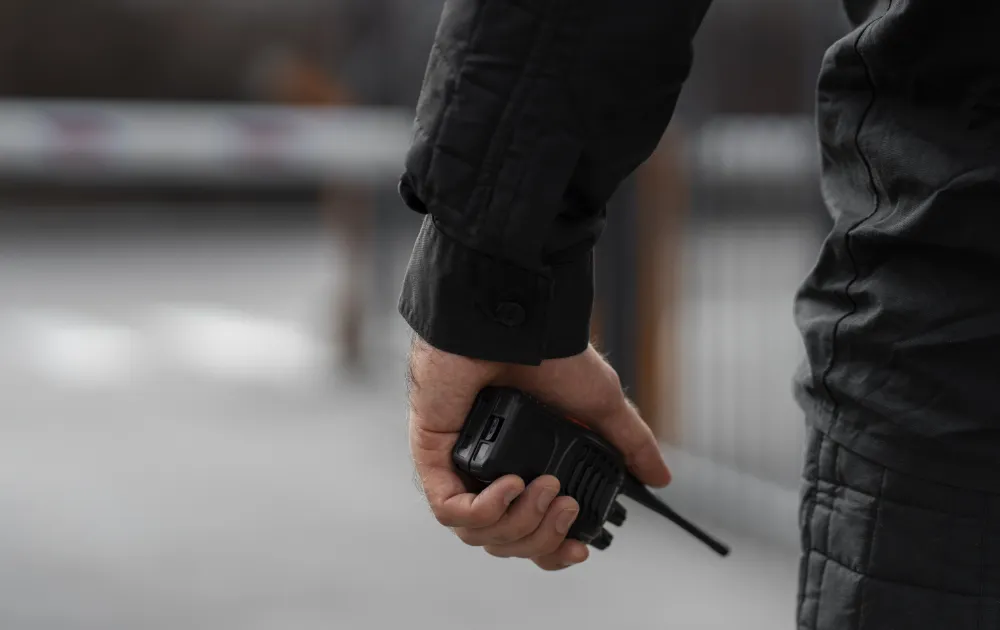
Legal and Ethical Considerations
Adhering to Legal Guidelines
Police surveillance is governed by strict legal guidelines designed to protect individual privacy and ensure accountability. Under RIPA 2000, surveillance activities must be proportionate, necessary, and authorised by senior officers. Operatives are required to document their actions meticulously, providing a clear audit trail that can be reviewed if necessary. This legal framework ensures that surveillance is conducted responsibly and transparently.
Ethical Implications
In an era of increasing digital surveillance, ethical considerations are more important than ever. Operatives must balance the need for effective law enforcement with respect for individual rights. Issues such as data protection and the potential for misuse of surveillance technology are carefully managed to maintain public trust.
Detecting Police Surveillance
Common Indicators: What to Look For
While police surveillance is designed to be undetectable, there are certain signs that might indicate you are being watched. These include repeated encounters with the same individuals or vehicles in different locations, unusual patterns of activity around your home or workplace, and unexplained interference with electronic devices. However, successfully identifying surveillance is rare, given the high level of training and expertise of surveillance operatives.
Increasing Awareness and Safety Precautions
If you suspect you are under surveillance, it is important to remain calm and document any suspicious activity. Keeping a detailed record of dates, times, and descriptions can be invaluable if you decide to seek legal advice. Enhancing your situational awareness and taking proactive steps, such as varying your routines and securing your communications, can also help protect your privacy.
The Limitations of Detection
Despite best efforts, detecting police surveillance is extremely challenging. Operatives are trained to remain inconspicuous, blending seamlessly into their surroundings. Unless you are directly involved in criminal activity, it is highly unlikely that you would find yourself under police watch.
Conclusion
Understanding the complexities of police surveillance sheds light on the meticulous planning, rigorous training, and ethical considerations that underpin this vital aspect of law enforcement. By demystifying the process, we can appreciate the dedication and skill of surveillance operatives while recognising the importance of legal safeguards. At Titan Private Investigation Ltd, we are committed to providing expert insights and support in navigating the complexities of surveillance and security. Stay informed, stay vigilant, and don’t hesitate to reach out for professional advice.
Require more information about corporate investigation services?
For further advice and information about how Titan Private Investigation Ltd can help you with your corporate investigation requirements, please speak to one of our professional team members at one of the offices nearest to you.
London Surveillance Operative Training – Call the Titan Investigations London Office 020 39046622
Birmingham Surveillance Operative Training – Call the Titan Investigations Birmingham Office 0121 7162442
Cambridge Surveillance Operative Training – Call the Titan Investigations Cambridge Office 01223 662022
Derby Surveillance Operative Training – Call the Titan Investigations Derby (Head Office) 01332 504256
Leeds Surveillance Operative Training – Call the Titan Investigations Leeds Office 0113 4574066
Leicester Surveillance Operative Training – Call the Titan Investigations Leicester Office 0116 2436520
Nottingham Surveillance Operative Training – Call the Titan Investigations Nottingham Office 0115 9646950
Manchester Surveillance Operative Training – Call the Titan Investigations Office 0161 3023008
Sheffield Surveillance Operative Training – Call the Titan Investigations Sheffield Office 0114 3499400
Truro Surveillance Operative Training – Call the Titan Investigations Truro Office 01872 888706
Alternatively, you can contact us directly using our fully confidential contact form at enquiries@titaninvestigations.co.uk or chat directly using our Live Chat facility, and one of our Surveillance Training team will get right back to you.

